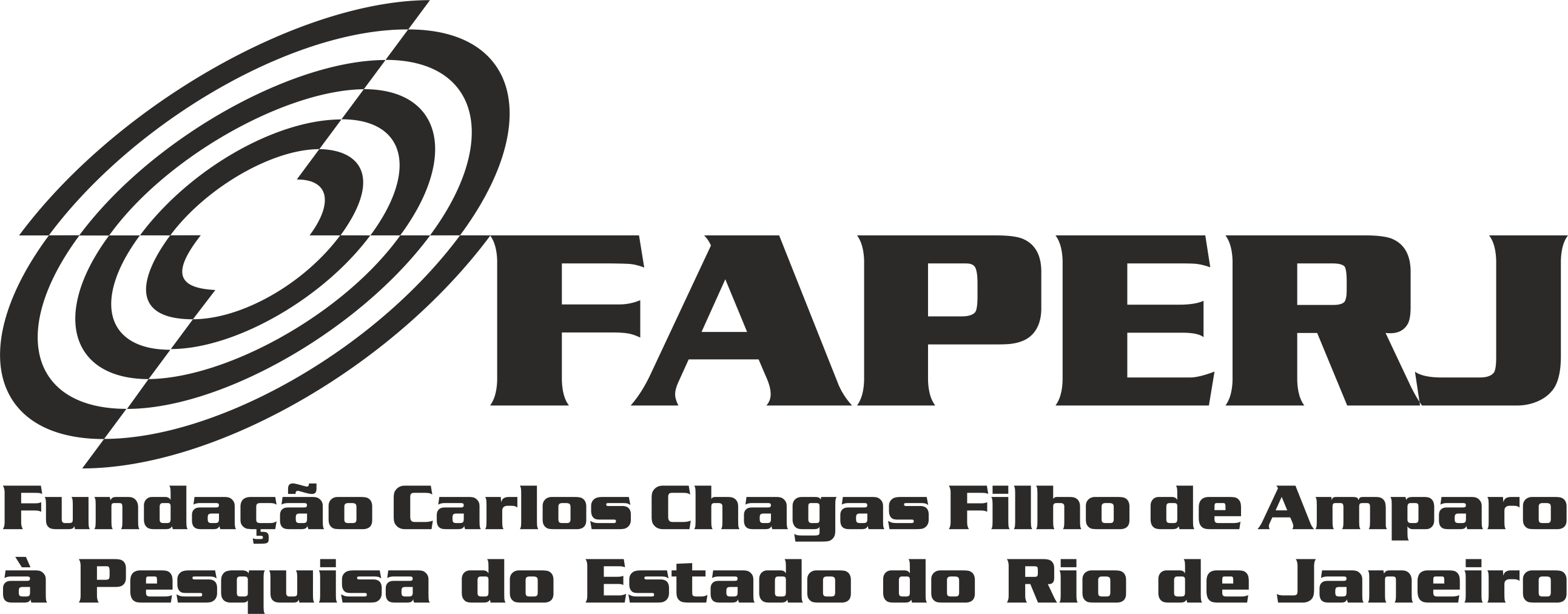Ethical Standards and Best Publishing Practices
TRANSPORTES strives to ensure the highest ethical standards in the reviewed and published articles and understands that this requires the collaboration and commitment of every participant in the publishing process. TRANSPORTES follows the principles of transparency and best practice in scholarly publishing of the Committee on Publication Ethics (COPE), by asking editors, reviewers, and authors to strictly follow principles of conduct and good practices for publishing in the Code of Conduct and Good Practices for COPE Journal Editors.
This document contains the guidelines for ethical behavior and best publishing practices that every TRANSPORTES author, editor and reviewer must follow at all times.
Obligations of authors
- Before submitting the manuscript, to be aware of the focus and scope of TRANSPORTES, as well as the submission guidelines.
- To present the data, relevant procedures, results and significance of their research concisely and accurately.
- At the submission of the manuscript, to inform the editors explicitly about any possible conflicts of interest.
- To indicate clearly who are the sponsors and sources of funding (both direct and indirect ones).
- To ensure that: (a) the submitted manuscript is unpublished and original; (b) the manuscript has not been submitted nor is being concurrently reviewed by any other journal or scientific publication vehicle; (c) the editors will be informed, at the time of submission of the manuscript, whether the manuscript is identical or substantially similar to one already published or submitted for publication in any other vehicle; (d) the manuscript has no parts that constitute plagiarism and that any ideas or formulations that are not in the public domain are credited to their authors; (e) the permissions for use of images that have not been produced by the authors were obtained from their authors or copyright holders and are available to the editors of TRANSPORTES upon request; and (f) all authors are equally responsible for the complete content of the manuscript, unless the text clearly and expressly states the limits of their contribution.
- Authorship must be limited to those who contributed significantly to the conception and development of the manuscript, according to the CRediT taxonomy (Contributor Roles Taxonomy).
- If asked to recommend reviewers for their manuscript, the authors should abstain from indicating people with whom they have personal or professional relationships, or that may represent conflict of interest or bias.
- Authors must immediately warn the editors of TRANSPORTES about the need to make corrections in the published article, should errors or imprecisions be identified at any time.
- To review the text considering the relevance of the comments and recommendations of the reviewers, trying to comply with them in the best possible way and explaining to the editor the reasons for the occasional non-compliance.
Obligations of the Editors
- To guarantee the quality of the manuscripts accepted for publication under their editorship, based on their originality, contribution, correctness, depth, and relevance.
- To ensure that all manuscripts are evaluated through an efficient, anonymous, fair, and impartial process, ensuring that race, gender, sexual orientation, religion, ethnicity, nationality, or ideological position is not taken into consideration in the evaluation process of the works.
- To perform a preliminary evaluation of the submitted papers to ensure the suitability of the work to the journal’s focus and scope; and to check, through anti-plagiarism programs, for any instances of plagiarism or self-plagiarism.
- To avoid conflicts of interest, either real or perceived, by selecting reviewers who have no (favorable or unfavorable) conflicts of interest or bias toward the authors or the subject matter of the manuscript.
- To refrain from conducting the review of papers authored or co-authored by them or with whose authors they might have any (real or apparent) conflict of interest, returning it immediately to the editor-in-chief.
- To protect the identity of the reviewers.
- To decide on whether or not to accept reviewed papers, based on the received reviews, focus and scope of the journal, guidelines for authors, and originality of the work.
- To protect the intellectual property and copyright of a manuscript’s authors.
- To ensure the confidentiality of the peer-review process, by not disclosing a manuscript authorship to any persons not involved with the editorial workflow.
- In case an editor receives convincing evidence that the substance, content, results, conclusions, or any other parts of an already published paper contain errors, they will notify the authors and arrange for the publication of an erratum or a comment identifying and/or rectifying the errors.
- When in possession of convincing evidence that a manuscript submitted for publication or an already published article contains plagiarized material or falsified data, the editor should forward such evidence to the editor-in-chief to initiate an investigation according to the process established in the Code of Conduct and Good Practice for COPE Journal Editors.
- To abide generally by the COPE guidelines.
Obligations of the Reviewers
- The foremost obligation of a reviewer is to ensure the quality of the manuscripts they recommend for publication, based on the originality, contribution, depth, and relevance of these manuscripts.
- To review all manuscripts anonymously, fairly, impartially, and based on scientific arguments, ensuring that race, gender, sexual orientation, religion, ethnicity, nationality, or ideological position do not influence the assessment of the merit of the papers received for review.
- Reviewers should explain the basis for their review and recommendation (with references, if appropriate) so that the editor and authors can easily understand the comments and criticisms of their opinion.
- To decline immediately an invitation to review a manuscript if the reviewer is not available to perform the review within the given timeframe or if they do not feel sufficiently qualified to perform the review, considering the manuscript’s subject matter.
- To avoid conflicts of interest, either real or perceived, by returning to the editor manuscripts that present a potential conflict of interest or where the reviewer has any bias (favorable or unfavorable) toward the authors or the subject matter of the manuscript.
- To warn immediately the editor, if the reviewer receives a manuscript authored or co-authored by a person or persons with whom the reviewer has a personal or professional relationship.
- To preserve the confidentiality of the manuscripts and of the entire review process. To do so, the reviewer must treat every manuscript as a confidential document and refrain from commenting on it or showing it to other people, except when an expert opinion is required to evaluate a specific aspect of the manuscript. In such cases, the reviewer should request that the discussion be private and confidential and, if necessary, notify the editor.
- To commit to not using privileged information for personal gain, including in their research and/or publications.
- To notify immediately the editor of any significant similarity between any published paper or manuscript submitted to any other publication vehicle and the manuscript under review.
- If a reviewer has conclusive evidence that a manuscript contains plagiarized material or falsified data, the reviewer must immediately notify the editor and forward the evidence to him/her. Under no circumstances should the reviewer contact the authors of the manuscript in question directly.








